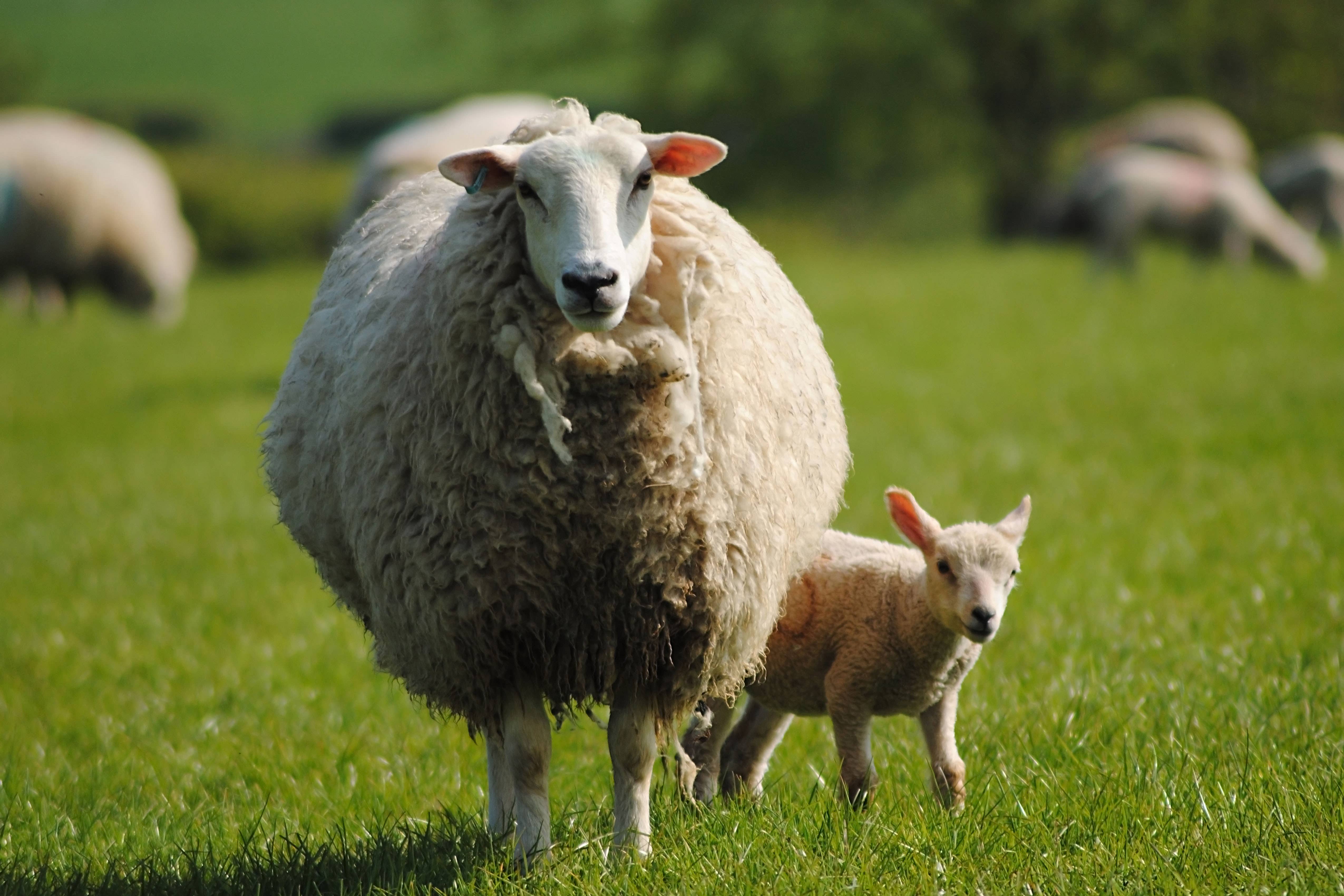Warning ‘high probability’ new strain of bluetongue will spread from Europe
Farmers have been urged to be vigilant in the face of the animal disease which affects livestock including sheep and cattle and is spread by midges.

Your support helps us to tell the story
As your White House correspondent, I ask the tough questions and seek the answers that matter.
Your support enables me to be in the room, pressing for transparency and accountability. Without your contributions, we wouldn't have the resources to challenge those in power.
Your donation makes it possible for us to keep doing this important work, keeping you informed every step of the way to the November election

Andrew Feinberg
White House Correspondent
Farmers have been warned of a “very high” probability of a new strain of bluetongue being brought in through midges blown over from Europe.
Bluetongue is an animal disease that affects livestock such as cattle and sheep, with symptoms including a blue and swollen tongue, fever, reduced milk yield and in the most severe cases, death.
It does not affect humans or food safety.
It is spread through biting midges, and while there is no evidence bluetongue is currently circulating in midges in Britain, the Government warns the insects can be blown long distances on the wind and bring the virus over from mainland Europe.
A new strain of bluetongue known as BTV-3, which emerged in the Netherlands in September 2023, was first identified in November in England.
Since then there have been 126 cases in the outbreak, seven sheep and 119 cattle, across four counties, Kent, Norfolk, Suffolk and Surrey.
A risk assessment published by the Animal and Plant Health Agency (APHA) following the outbreak last year, warns there is a very high probability of a new introduction of bluetongue virus of the new BTV-3 strain into Britain during 2024 through infected biting midges being blown over from northern Europe.
There is also a medium risk of another strain, BTV-8, being carried in by midges blown from northern France.
Biting midges are most active between April and November, and the timing of any potential incursion of the disease will depend on temperatures and wind patterns, officials said.
Farmers are being urged to remain vigilant and monitor their animals frequently, while making sure their livestock and land and up-to-date contact details are registered with the APHA in case of an outbreak.
There is currently no vaccine in the UK for the BTV-3 strain of the virus, although a new vaccine has been approved for emergency use from the start of May in the Netherlands and Belgium.
Subscribe to Independent Premium to bookmark this article
Want to bookmark your favourite articles and stories to read or reference later? Start your Independent Premium subscription today.